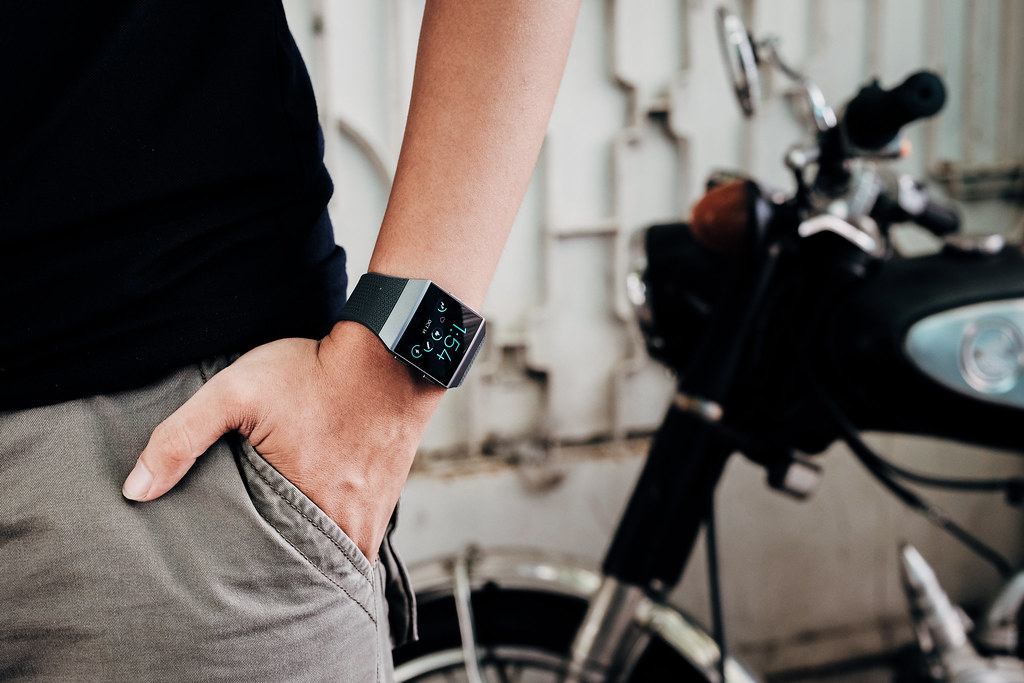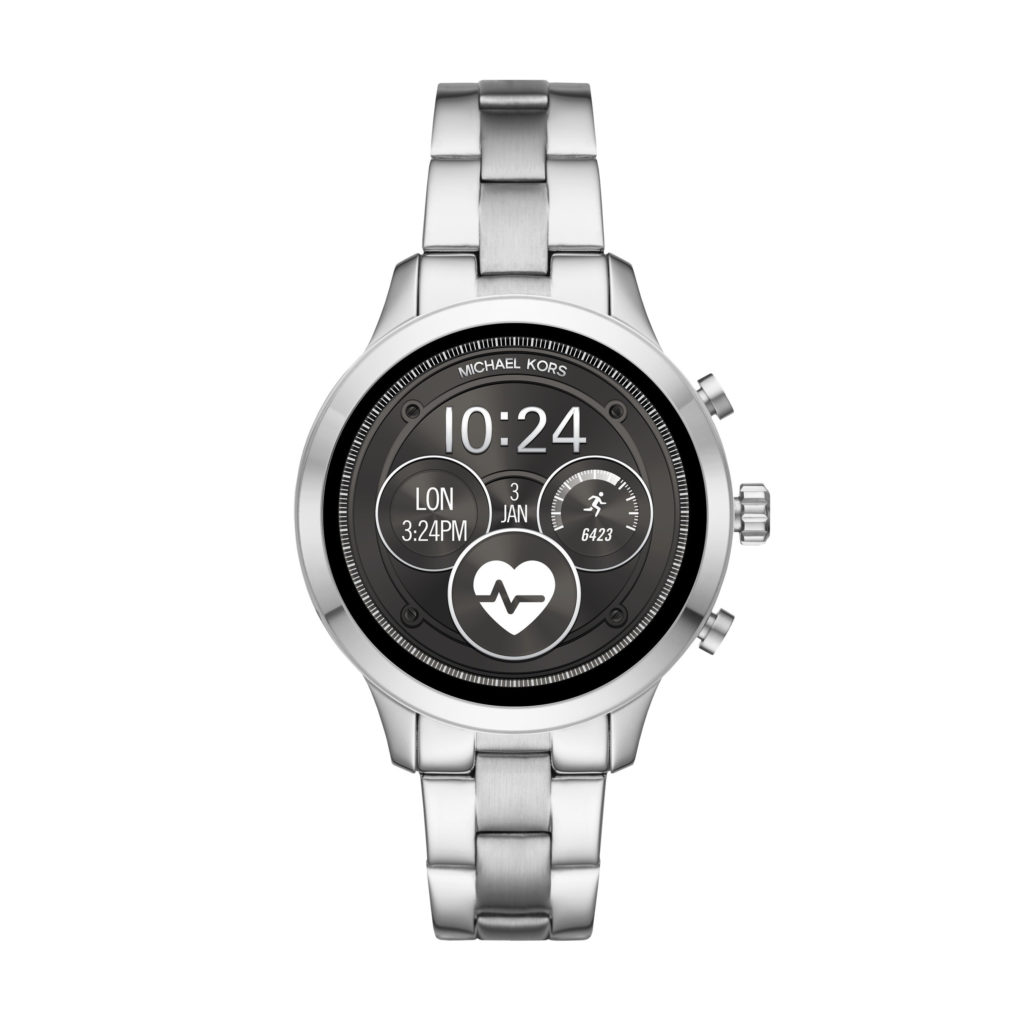Consumer and medical wearable devices are both increasing in popularity, with the advancement of sensors powered by the Internet of Things (IoT). Popular wearables these days include smartwatches, fitness trackers, sleep trackers, smart glasses, and workplace monitoring systems – and the number of product choices only continues to grow.
However, trying to figure out what to do with the data after it’s collected remains a perplexing stumbling block among companies. What good is it to collect medical information from a patient’s wearable device if the data is properly utilized? Or if the ideal information isn’t displayed to his or her medical provider.
As noted by Dr. Samuel Volchenboum, co-founder and Chief Medical Officer at Litmus, in a press statement:
“Now more than ever, access to minimally transformed, real world data is becoming a necessity in the pharmaceutical world. Through our own work at Litmus, we have seen the industry’s growing adoption of real world data — as well as pharma’s frustration at opaque data standards from these device makers. As we continue to encourage the industry to adopt consistent data standards, our report has become a go-to resource for researchers and clinicians. We hope it continues to enable them to effectively incorporate real world data into their trials.”
In the early days of consumer medical devices, what would be done with the collected data remained unknown. It was one thing for the wearables to collect information, but how much is too much? Is the data secure? Can the collected information be properly relayed to device wearers?
In healthcare, the device is able to collect information such as a patient’s personal habits, physical routine, exercise, heart rate, blood pressure, diet, and other factors – and that information can be populated into a customizable health plan.
Sports Data Labs recently announced that it has formed the Human Data Labs, designed to help the company accelerate its real-time human data collection from its on-body sensors and sensing technology. The company focuses specifically on professional athletes, with the collected information offering a “variety of commercial use cases including sports betting and other media.”
[Image Courtesy: Tinh Te Photos]



